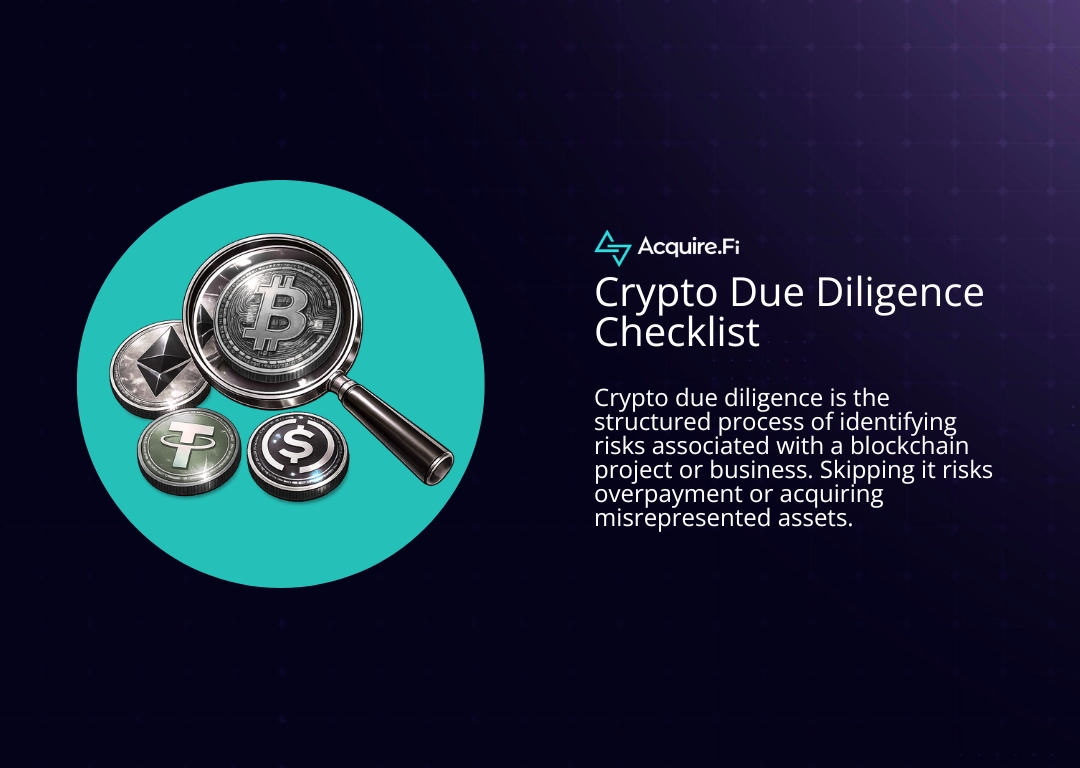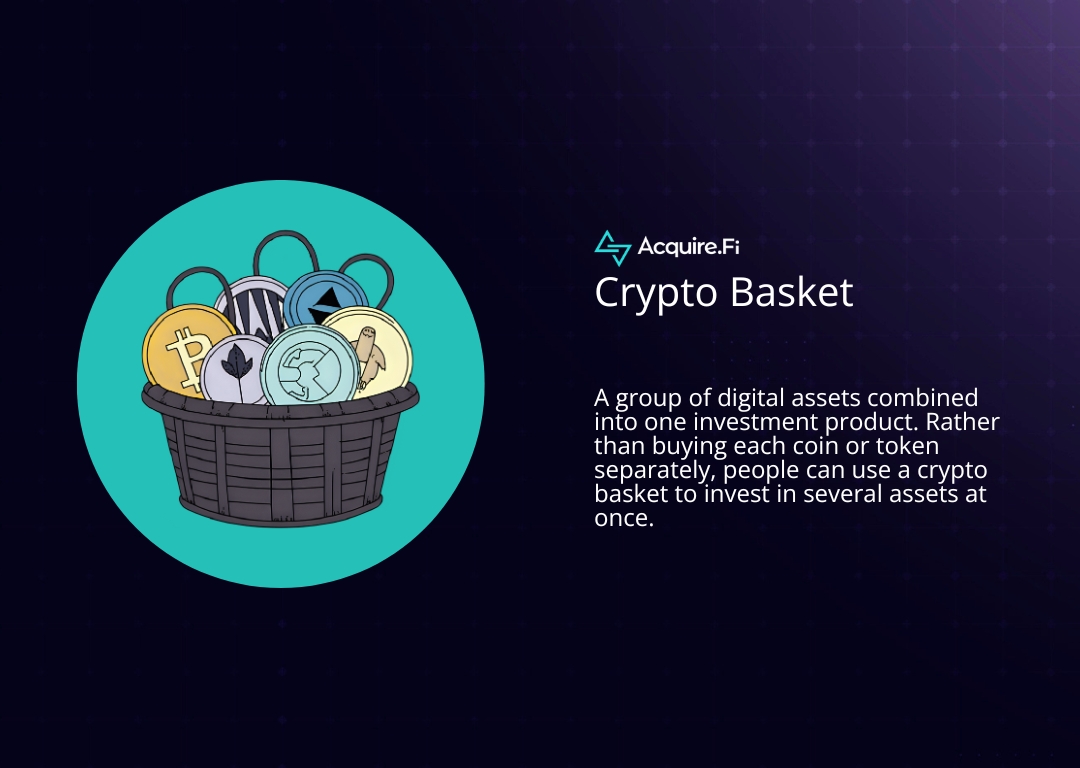How Startups Raise Money from Investors
Embarking on a startup journey is both thrilling and challenging, particularly when it comes to raising funds. While it's no secret that securing capital is a crucial aspect of launching a successful business, it can be overwhelming to figure out the best approach. This article will explore various funding strategies and provide valuable insights to help you make informed decisions when raising money for your startup.
Bootstrapping: Self-funding your venture
Before seeking external funds, explore your own savings and resources to finance your business. Bootstrapping involves using personal funds, low-cost operations, and reinvesting profits to grow the business. This strategy allows you to maintain full control over your company and avoid diluting ownership. Keep in mind that bootstrapping may not be suitable for all startups, particularly those requiring significant upfront capital.
Crowdfunding: Harnessing the power of the crowd
Crowdfunding platforms, such as Republic or StartEngine , allow you to present your idea to the public and raise funds from multiple contributors. Crowdfunding allows startups to raise money from accredited investors, including venture capital funds, and the general public. The offering is most commonly equity at terms usually only seen by angel investors.. This approach not only helps you raise funds but also validates your idea and generates early interest in your product or service.
Friends and family: Tapping into your personal network
Raising funds from friends and family can be an effective way to secure early-stage financing. Ensure that you communicate your vision and business plan clearly and provide realistic expectations about potential returns. Be sure to maintain professionalism, as mixing personal and business relationships can be delicate.
Angel investors: Partnering with experienced entrepreneurs
Angel investors are individuals with a high net worth who invest their own money into startups in exchange for equity, commonly in the form of a convertible instrument like a SAFE. They often have expertise in specific industries and can provide valuable guidance and mentorship. To attract angel investors, create a compelling pitch deck and establish a strong online presence. Your ability to network and communicate your vision for the company will be your most powerful tools.
Venture capital (VC): Attracting institutional investment
VC firms invest in startups with high growth potential in exchange for equity. They typically invest in later-stage companies and can provide significant capital, industry connections, and strategic guidance. To secure VC funding, be prepared to demonstrate traction, scalability, and a clear path to profitability. Jason Mendelson, of Foundry Group, has pointed to the fact that a venture fund lasts 10 years. That’s longer than the average marriage, so be prepared to be in business with your venture partner for the long run.
Government grants and loans: Exploring public funding opportunities
Governments often provide grants, loans, and other funding programs to support startups, particularly in sectors such as technology, healthcare, and clean energy. Research and apply for relevant programs, ensuring you meet all eligibility criteria and deadlines. Government grants, and even small contracts, often come with unique additional reporting requirements. Be sure to understand what is required of you in order to be efficient with time and resources.
Business competitions and accelerator programs
Participating in startup competitions or joining accelerator programs can provide you with funding, mentorship, and valuable networking opportunities. These programs often focus on specific industries or stages of growth and can help you refine your business model and pitch. First time founders receive the most value from programs like accelerators or incubators. The advantages to first time founders far outway the anti-dilutive equity position and travel requirements. If you are in one of these programs, make friends with everyone in your cohort! They will be resources along your journey.
In the End
Raising funds for your startup can be a complex process but will always require persistence, creativity, and a thorough understanding of your business's needs. By considering various funding strategies and understanding their advantages and limitations, you can identify the most suitable options for your startup. A solid board of advisors, an experienced attorney, and utilizing your network will go a long way in helping you succeed. As you grow your business, remember that maintaining a strong network, constant communication with your investors, and demonstrating traction will significantly improve your chances of securing funds.












.webp)